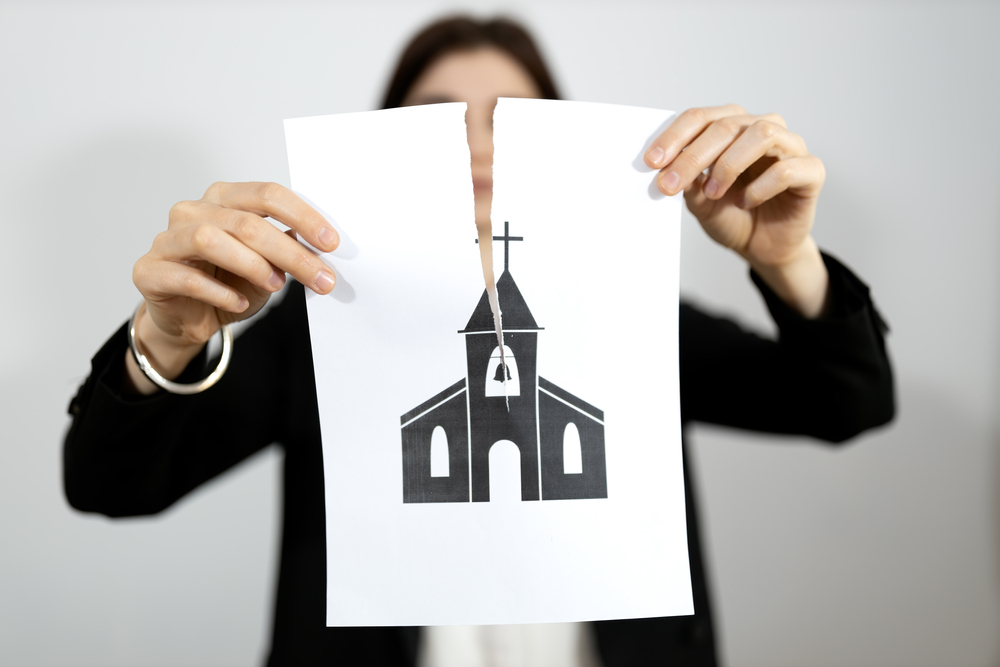How the Religious Scene Is Shifting in Canada

The fabric of daily life for most people in Canada has long included some spiritual elements. However, recent Pew Studies have highlighted a few key details suggesting that traditional religious beliefs are not as important as they were to previous generations. To gain some perspective on this, it can be useful to look at some of the biggest shifts that have taken place in the last few years. Review these statistics and learn the how and why of Canada’s current religious landscape.
Immigration and Population Changes
Canada has long been a nation that has welcomed immigrants from all over the world. From refugees looking for a more stable place to raise families to those simply seeking to reap the many advantages Canadian citizenship can offer, roughly 300,000 people from every corner of the globe immigrate to the country each year. As these numbers continue to grow, Canada has seen significant population increases in various religious groups. In the last decade, about 50% of immigrants to Canada come from the Middle East and Asia. For this reason, groups like Buddhists, Hindus, and Muslims have grown.
However, people are also leaving Canada in consistent numbers. Reports state that about 25,000 Canadians emigrate to other countries annually. As this occurs, existing populations of those who follow different Christian beliefs have gone down. While Christianity is still the dominant religion of the country, these changes have seen the number lower significantly in a short amount of time.
Religion Has Less of an Impact
While the religious scene in Canada is becoming more diverse, the role of religion has become less important in many ways to citizens. Another study released by the Pew Research Center revealed that younger generations are not connecting to organized religion as much. Though many individuals may still identify as belonging to a particular religious group, a majority do not believe that religion has much of an influence on their routines. Younger generations are also adamant about keeping religion out of government affairs, whereas previous generations were more divided on the matter.
Personal Prayer Is More Important Than Religious Gatherings
There are a number of metrics that can be used when determining whether a person is actively involved with a religious group. However, younger Canadians are less inclined to take part in community activities. Daily or weekly worship, for example, has much less of an impact on this demographic than prayer. According to recent research, about 60% of all Canadians admit to praying on some type of regular basis. Conversely, only about 50% of the population attends worship services throughout the year.
Where You Live Dictates Your Religious Beliefs
Location has always impacted a person’s religious beliefs. However, reports from the last few years show that people of similar mindsets tend to move to certain regions of Canada. Census data has highlighted that Western Canada is populated by a large number of individuals who consider themselves non-religious. About 45% of citizens in this region consider themselves atheists, agnostics, or disinterested in the topic of religion altogether. On the other hand, cities like Quebec tend to have the strongest and most consistent population of people who identify as Roman Catholic.
People Are Fine With Other People’s Beliefs
International news is filled with plenty of stories about religious intolerance of all degrees. Though Canada is not without its fair share of incidents, studies have pointed out that the country is largely welcoming of other people’s beliefs. Though this will always vary from person to person, the country is routinely ranked as one of the best places to live for those who wish to practice their religion freely and without stigma.
Religion has always had some type of influence on life in Canada. To gain an understanding of how people will feel in the future, it can be helpful to review recent statistics and learn more about the “why” of it all.

